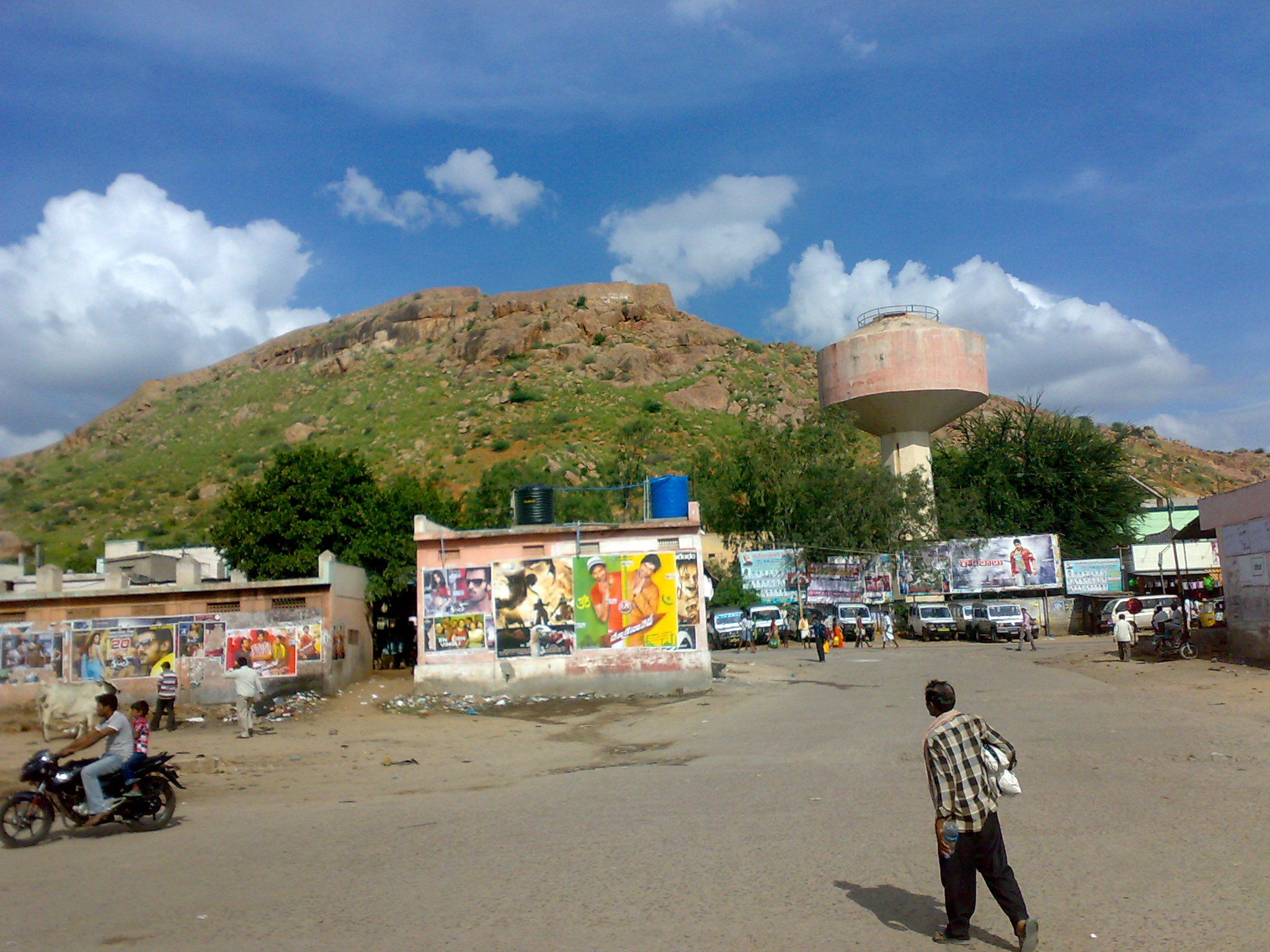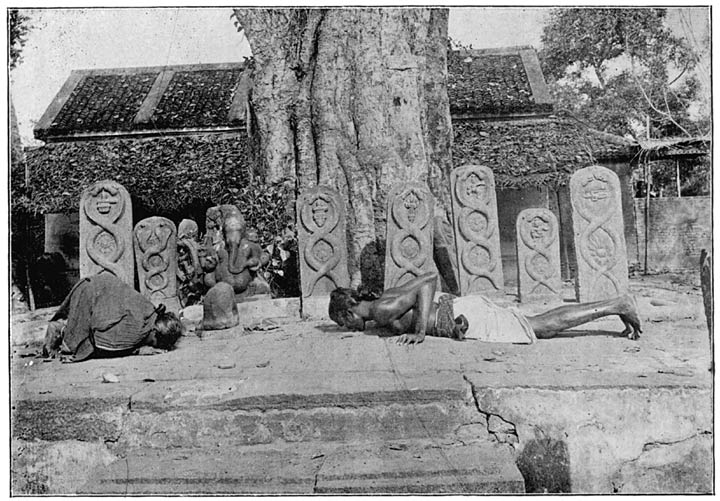|
Gooty Kesava Pillai
Diwan Bahadur Pattu Kesava Pillai (8 October 1860 – 28 March 1933) was an Indian journalist, politician and activist of the Indian Independence movement. Early life Pattu Kesava Pillai was born in a Vellalar family of Pattu in North Arcot district on 8 October 1860. He studied in Madras and began his career as a journalist for ''The Hindu''. In 1883, at the age of 22, Kesava Pillai was appointed ''The Hindus correspondent for Gooty. From then on, Kesava Pillai became known as "Gooty Kesava Pillai". Public life Kesava Pillai was elected to Gooty municipality and served as a member of the municipality. He was also eventually elected to the Madras Legislative Council as representing Municipalities. Politics Kesava Pillai was interested in politics from an early stage in his life. He participated in the first session of the Indian National Congress held at Bombay on 28 December 1885 representing the town of Gooty. At a later stage, he adopted more reactionary metho ... [...More Info...] [...Related Items...] OR: [Wikipedia] [Google] [Baidu] |
Gooty Kesava Pille1
Gooty ( ) is a town in Anantapur district of the Indian state of Andhra Pradesh. It is the headquarters of Gooty mandal in Anantapur revenue division. The town is renowned for the Gooty Fort, Gooty hill fort. Geography Gooty is located at , at a distance of 52 km from Anantapur, Andhra Pradesh, Anantapur. It has an average elevation of 345 metres (1131 feet). Earlier, Gooty was under the Vijayanagara Empire, later they abandoned Gooty Fort, Maratas took over fort they ruled through sandoor Gorpades till British left India. History Eight inscriptions have been found on the rocks close to the Narasimha temple located within the fort premises. These inscriptions are seriously damaged, but appear to be from the reign of the Western Chalukya king Vikramaditya VI (r. c. 1076–1126 CE). The earliest of the existing fortifications and other structures can be dated to the late Chalukya period. The fort later came under the control of the Vijayanagara Empire. Duri ... [...More Info...] [...Related Items...] OR: [Wikipedia] [Google] [Baidu] |
1933 Deaths
Events January * January 11 – Sir Charles Kingsford Smith makes the first commercial flight between Australia and New Zealand. * January 17 – The United States Congress votes in favour of Philippines independence, against the wishes of U.S. President Herbert Hoover. * January 28 – "Pakistan Declaration": Choudhry Rahmat Ali publishes (in Cambridge, UK) a pamphlet entitled ''Now or Never; Are We to Live or Perish Forever?'', in which he calls for the creation of a Muslim state in northwest India that he calls " Pakstan"; this influences the Pakistan Movement. * January 30 ** National Socialist German Workers Party leader Adolf Hitler is appointed Chancellor of Germany by President of Germany Paul von Hindenburg. ** Édouard Daladier forms a government in France in succession to Joseph Paul-Boncour. He is succeeded on October 26 by Albert Sarraut and on November 26 by Camille Chautemps. February * February 1 – Adolf Hitler gives his "Proclamation to ... [...More Info...] [...Related Items...] OR: [Wikipedia] [Google] [Baidu] |
19th-century Indian Politicians
The 19th (nineteenth) century began on 1 January 1801 ( MDCCCI), and ended on 31 December 1900 ( MCM). The 19th century was the ninth century of the 2nd millennium. The 19th century was characterized by vast social upheaval. Slavery was abolished in much of Europe and the Americas. The First Industrial Revolution, though it began in the late 18th century, expanding beyond its British homeland for the first time during this century, particularly remaking the economies and societies of the Low Countries, the Rhineland, Northern Italy, and the Northeastern United States. A few decades later, the Second Industrial Revolution led to ever more massive urbanization and much higher levels of productivity, profit, and prosperity, a pattern that continued into the 20th century. The Islamic gunpowder empires fell into decline and European imperialism brought much of South Asia, Southeast Asia, and almost all of Africa under colonial rule. It was also marked by the collapse of the large S ... [...More Info...] [...Related Items...] OR: [Wikipedia] [Google] [Baidu] |
Indian National Congress Politicians From Tamil Nadu
Indian or Indians may refer to: Peoples South Asia * Indian people, people of Indian nationality, or people who have an Indian ancestor ** Non-resident Indian, a citizen of India who has temporarily emigrated to another country * South Asian ethnic groups, referring to people of the Indian subcontinent, as well as the greater South Asia region prior to the 1947 partition of India * Anglo-Indians, people with mixed Indian and British ancestry, or people of British descent born or living in the Indian subcontinent * East Indians, a Christian community in India Europe * British Indians, British people of Indian origin The Americas * Indo-Canadians, Canadian people of Indian origin * Indian Americans, American people of Indian origin * Indigenous peoples of the Americas, the pre-Columbian inhabitants of the Americas and their descendants ** Plains Indians, the common name for the Native Americans who lived on the Great Plains of North America ** Native Americans in the Uni ... [...More Info...] [...Related Items...] OR: [Wikipedia] [Google] [Baidu] |
The Hindu Journalists
''The'' () is a grammatical article in English, denoting persons or things already mentioned, under discussion, implied or otherwise presumed familiar to listeners, readers, or speakers. It is the definite article in English. ''The'' is the most frequently used word in the English language; studies and analyses of texts have found it to account for seven percent of all printed English-language words. It is derived from gendered articles in Old English which combined in Middle English and now has a single form used with pronouns of any gender. The word can be used with both singular and plural nouns, and with a noun that starts with any letter. This is different from many other languages, which have different forms of the definite article for different genders or numbers. Pronunciation In most dialects, "the" is pronounced as (with the voiced dental fricative followed by a schwa) when followed by a consonant sound, and as (homophone of pronoun ''thee'') when followed by a v ... [...More Info...] [...Related Items...] OR: [Wikipedia] [Google] [Baidu] |
19th-century Indian Journalists
The 19th (nineteenth) century began on 1 January 1801 ( MDCCCI), and ended on 31 December 1900 ( MCM). The 19th century was the ninth century of the 2nd millennium. The 19th century was characterized by vast social upheaval. Slavery was abolished in much of Europe and the Americas. The First Industrial Revolution, though it began in the late 18th century, expanding beyond its British homeland for the first time during this century, particularly remaking the economies and societies of the Low Countries, the Rhineland, Northern Italy, and the Northeastern United States. A few decades later, the Second Industrial Revolution led to ever more massive urbanization and much higher levels of productivity, profit, and prosperity, a pattern that continued into the 20th century. The Islamic gunpowder empires fell into decline and European imperialism brought much of South Asia, Southeast Asia, and almost all of Africa under colonial rule. It was also marked by the collapse of the large S ... [...More Info...] [...Related Items...] OR: [Wikipedia] [Google] [Baidu] |
1860 Births
Year 186 ( CLXXXVI) was a common year starting on Saturday (link will display the full calendar) of the Julian calendar. At the time, it was known as the Year of the Consulship of Aurelius and Glabrio (or, less frequently, year 939 ''Ab urbe condita''). The denomination 186 for this year has been used since the early medieval period, when the Anno Domini calendar era became the prevalent method in Europe for naming years. Events By place Roman Empire * Peasants in Gaul stage an anti-tax uprising under Maternus. * Roman governor Pertinax escapes an assassination attempt, by British usurpers. New Zealand * The Hatepe volcanic eruption extends Lake Taupō and makes skies red across the world. However, recent radiocarbon dating by R. Sparks has put the date at 233 AD ± 13 (95% confidence). Births * Ma Liang, Chinese official of the Shu Han state (d. 222) Deaths * April 21 – Apollonius the Apologist, Christian martyr * Bian Zhang, Chinese official and ... [...More Info...] [...Related Items...] OR: [Wikipedia] [Google] [Baidu] |
Vellalar
Vellalar is a generic Tamil term used primarily to refer to various castes who traditionally pursued agriculture as a profession in the Indian states of Tamil Nadu, Kerala and northeastern parts of Sri Lanka. The Vellalar are members of several endogamous castes such as the numerically strong Arunattu Vellalar, Chozhia Vellalar, Karkarthar, Karkarthar Vellalar, Kongu Vellalar, Thuluva Vellalar and Sri Lankan Vellalar. Etymology The earliest occurrence of the term ''Velaalar'' (வேளாளர்) in Sangam literature is in Paripatal, Paripadal where it is used in the sense of a landowner. The term Velaalar (வேளாளர்) can be derived from the word Vel (வேள்), Vel being a title that was borne by the Velir chieftains of Sangam age among other things. The word ''Vellalar'' (வெள்ளாளர் ) may come from the root ''Vellam'' for flood, which gave rise to various rights of land; and it is because of the acquisition of land rights that the Vellalar g ... [...More Info...] [...Related Items...] OR: [Wikipedia] [Google] [Baidu] |
Raja Of Panagal
Raja Sir Panaganti Ramarayaningar KCIE (9 July 1866 – 16 December 1928), also known as the Raja of Panagal, was a ''zamindar'' of Kalahasti, a Justice Party leader and the Chief Minister or Premier of Madras Presidency from 11 July 1921 to 3 December 1926. Ramarayaningar was born in Srikalahasti, Chittoor district on 9 July 1866. He was educated in Madras and obtained degrees in Sanskrit, law, philosophy and Dravidian languages before entering politics. He was one of the founder-members of the Justice Party and served as its President from 1925 to 1928. From 17 December 1920 to 11 July 1921, Ramarayaningar served as the Minister of Local Self-Government in the first Justice Party government led by A. Subbarayalu Reddiar. He served as the Chief Minister of Madras Presidency from 11 July 1921 to 3 December 1926. He introduced a number of reforms during his tenure. The Thyagaraya Nagar locality in Chennai was developed during his Chief-Ministership. Ramarayaningar re ... [...More Info...] [...Related Items...] OR: [Wikipedia] [Google] [Baidu] |
Indian National Congress
The Indian National Congress (INC), colloquially the Congress Party but often simply the Congress, is a political party in India with widespread roots. Founded in 1885, it was the first modern nationalist movement to emerge in the British Empire in Asia and Africa. From the late 19th century, and especially after 1920, under the leadership of Mahatma Gandhi, the Congress became the principal leader of the Indian independence movement. The Congress led India to independence from the United Kingdom, and significantly influenced other anti-colonial nationalist movements in the British Empire. Congress is one of the two major political parties in India, along with its main rival the Bharatiya Janata Party. It is a "big tent" party whose platform is generally considered to lie in the centre to of Indian politics. After Indian independence in 1947, Congress emerged as a catch-all and secular party, dominating Indian politics for the next 20 years. The party's first prime minister ... [...More Info...] [...Related Items...] OR: [Wikipedia] [Google] [Baidu] |




.png)



